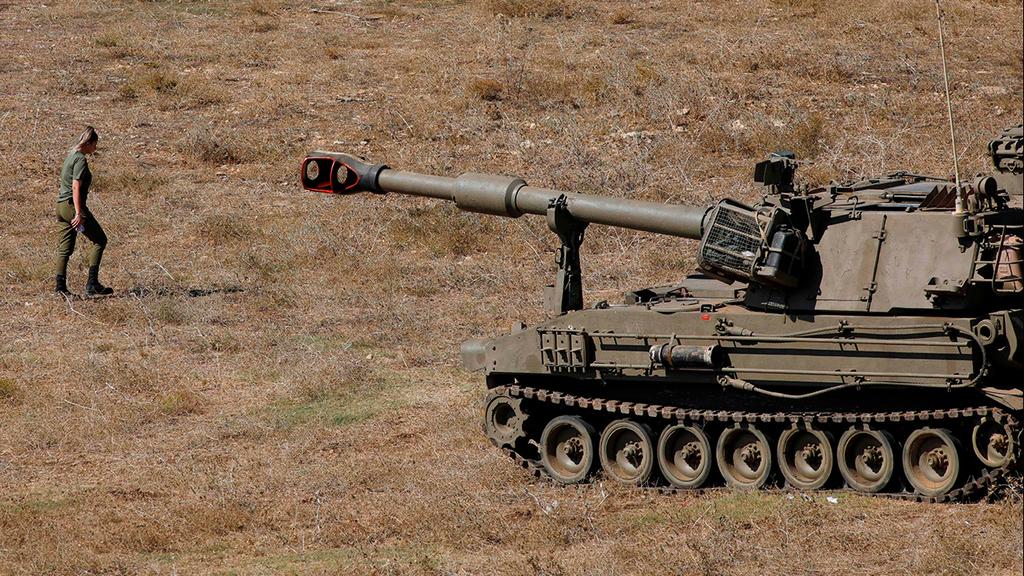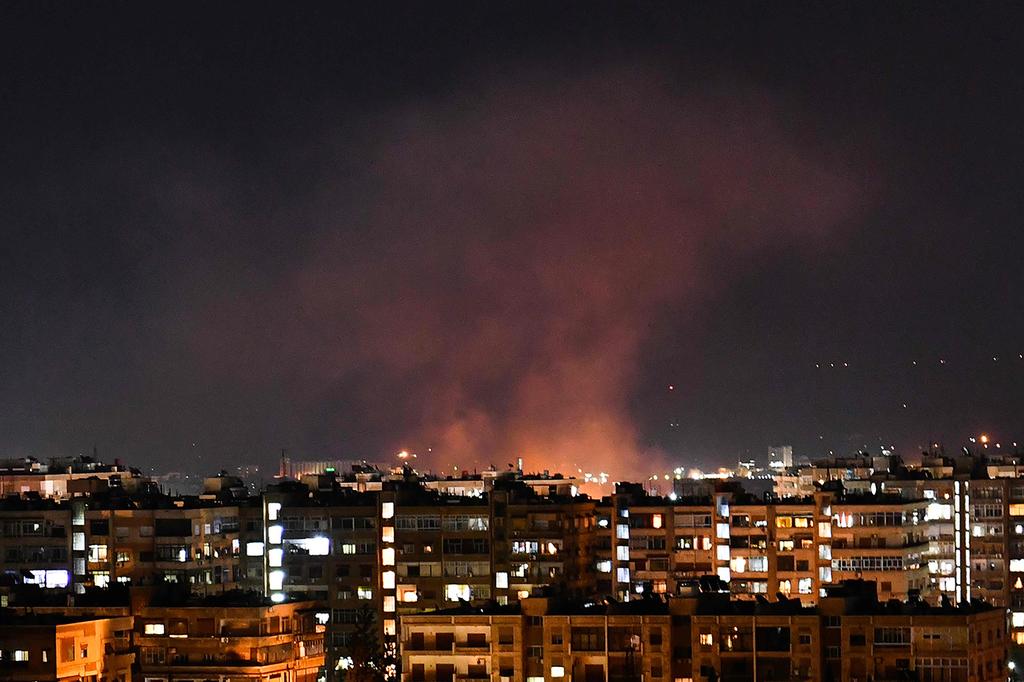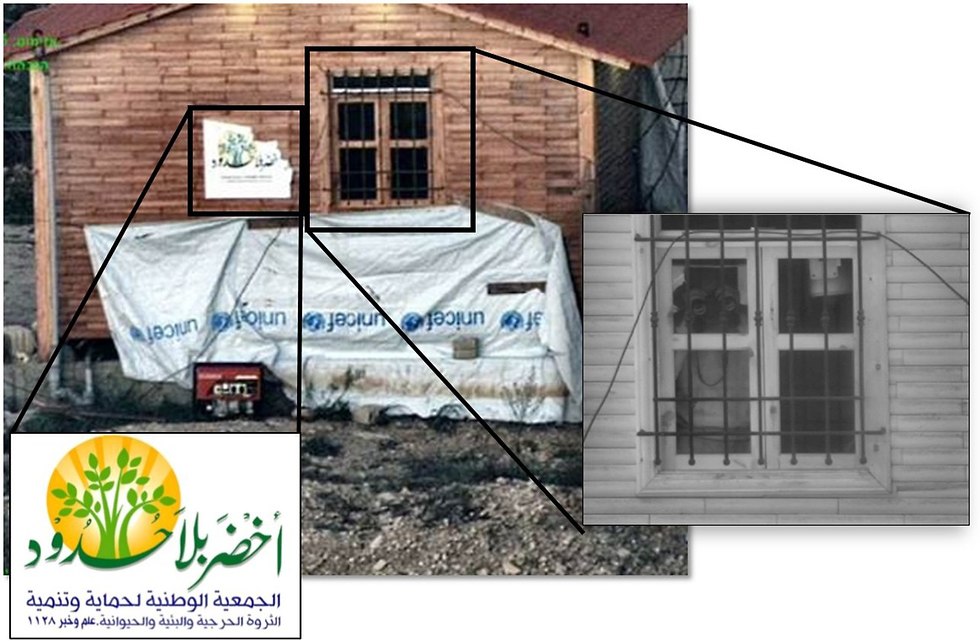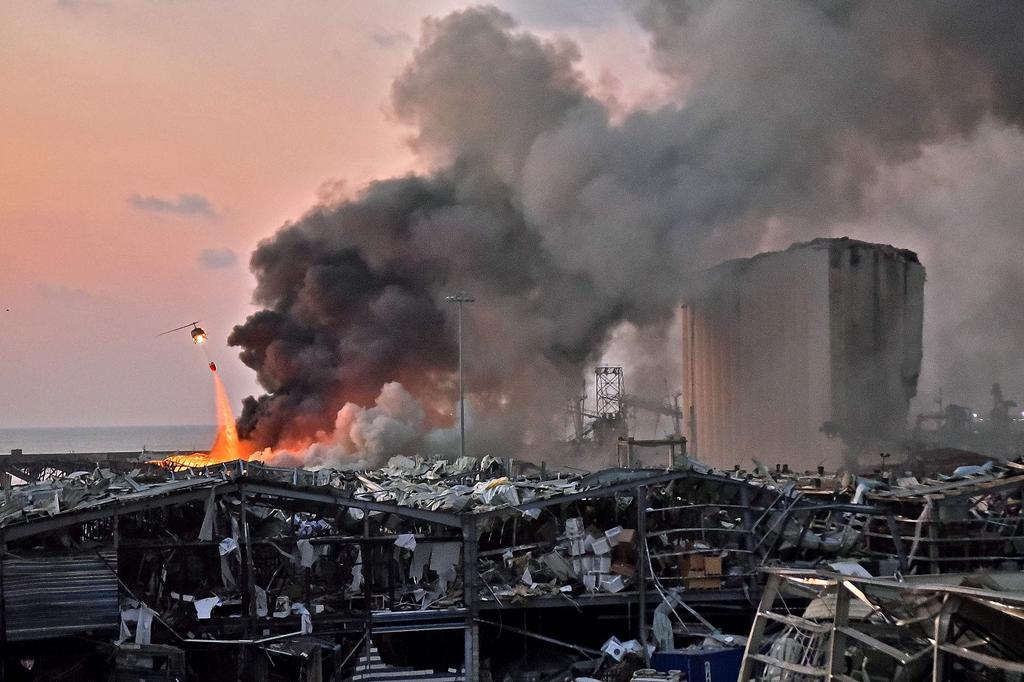The exchange of fire across the Lebanese border between the IDF and Hezbollah on Tuesday night was no random incident.
The altercation was a calculated move by the Iranian-backed terror group, with its militants sniping at IDF forces on operational duty along the border - apparently an ambush near an outpost on a possible infiltration point on the border fence.
5 View gallery
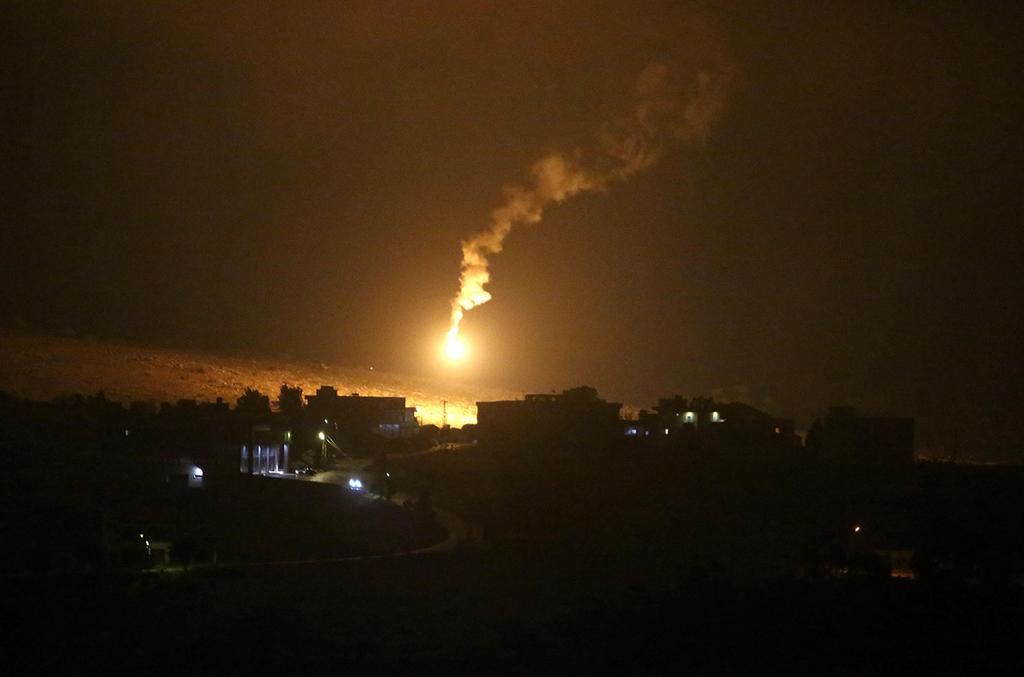

IDF troops and Hezbollah fighters exchanging fire across the Israel-Lebanon border
(Photo: Reuters)
The Israeli soldiers who were already prepared for such a scenario returned fire in an effort to catch the snipers, firing smoke bombs to fend off any other possible forces in the area.
The incident merits a serious investigation. It can be assumed that the incident was another attempt to avenge the death of a Hezbollah fighter in Damascus following an alleged Israeli bombing in the area.
This time however, the ambush came from inside Lebanon and was not followed by a further attempt to infiltrate the border. The IDF reacted accordingly and suffered no casualties on its end.
Whatever the true reason for the incident, Hezbollah has failed again and is becoming aware that any aggressive action along the border with Israel will be answered with increasing ferocity.
The IDF took destructive action following the ambush. For the first time in years, Hezbollah's outposts along the border came under attack, whether they were unmanned at the time or not.
An IDF spokesperson said on Wednesday that "Israel sees any attempt to violate its sovereignty seriously."
The statement sends a message that the army knows for sure that Hezbollah was behind the incident and that next time Israel will see fit to respond not only to Hezbollah's observation posts on the border, but could also hit other targets through various means - not only with combat helicopters and other aircraft.
If Hezbollah continues to ignore Israel's warnings, the response to the next incident could be far more catastrophic despite a lack of desire on both sides to escalate tensions.
Escalation is still on the table if the terror group does not end its efforts to avenge the death of its fighter in Syria.
Hezbollah leaders have already threatened several times that they will avenge the death of its logistics official who was also in the service of Iran, thereby creating deterrence from Syria as well as Lebanon.
Hezbollah chief Hassan Nasrallah has dispatched fighters to avenge every attack on its men in Syria over the past two years, but most have failed.
Since the incident near Mount Dov several weeks ago, the IDF's main focus - despite remaining on high alert - has been to reduce the visible presence of forces and facilities that Hezbollah could view as targets, while at the same time thwarting an attempt by the terror group to infiltrate into Israeli territory or hit its troops.
And while there currently more than 100,000 vacationers in the north, Israel could not ignore a second serious violation along the border that was intended to cause casualties among IDF forces. This is why the IDF for first time in years attacked Hezbollah's border observation posts close to the Ramim Ridge and Kibbutz Manara.
'Environmentalist' espionage
Hezbollah collects intelligence on IDF activities along the border through a series of outposts masquerading as belonging to a Lebanese ecological group named "Green Without Borders."
Israel is aware of this, and has warned UNIFIL and the Lebanese government on several occasions that the organization is nothing less than a front for Hezbollah intelligence, with its members located in high-rise towers and temporary structures near the border.
Hezbollah members who man these outposts are usually unarmed but are sometimes also stationed there with weapons.
More importantly, these men are equipped with night-vision equipment so that intelligence is gathered around the clock. Apparently this is the kind of information that the terror group used to decide whether to carry out the ambush Tuesday night.
The IDF high alert, which has so far proved effective in countering these efforts, is based on two tenets: gathering intelligence and minimizing military visibility on the ground so as not to provide targets for Hezbollah.
This pattern will continue in the coming days, and Hezbollah's hopes are fading that Israel will reduce its vigilance after thwarting the Mount Dov attack and in light of the explosion in Beirut.
Even so, it is a cause for concern that Hezbollah persists with such actions despite a UN complaint and growing criticism in the wake of the Beirut blast and due to the general situation within Lebanon.
Nasrallah has failed to take into account the fact that that the political chaos in Jerusalem does not impact on Israel's defense policies and that the state will show no restraint in responding to violations of its sovereignty, with or without casualties.


